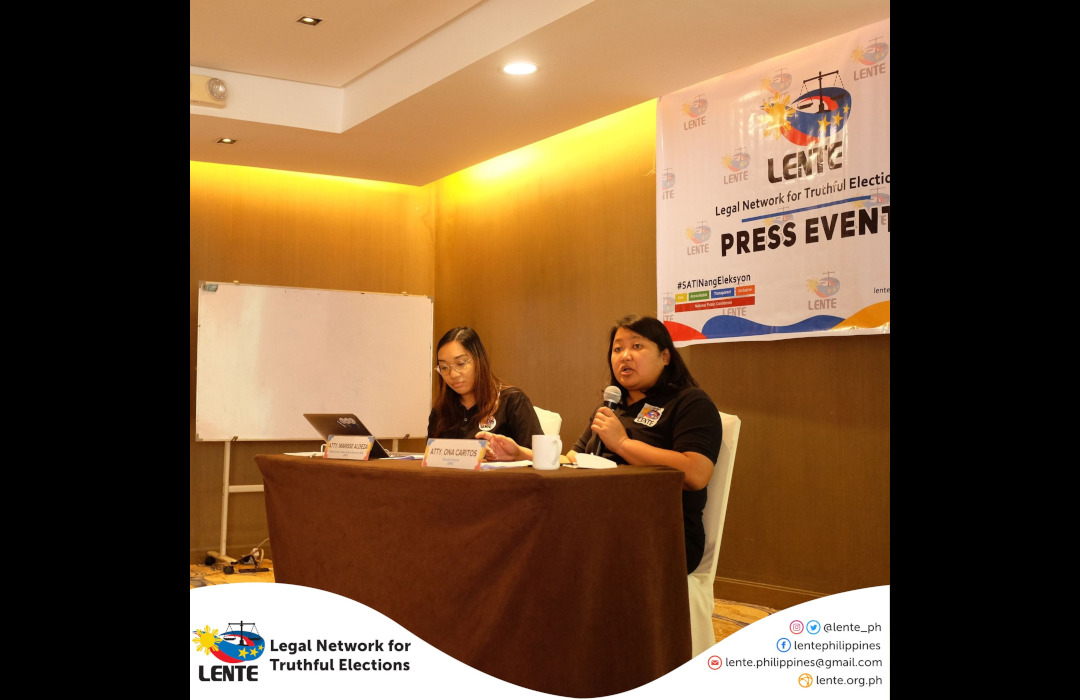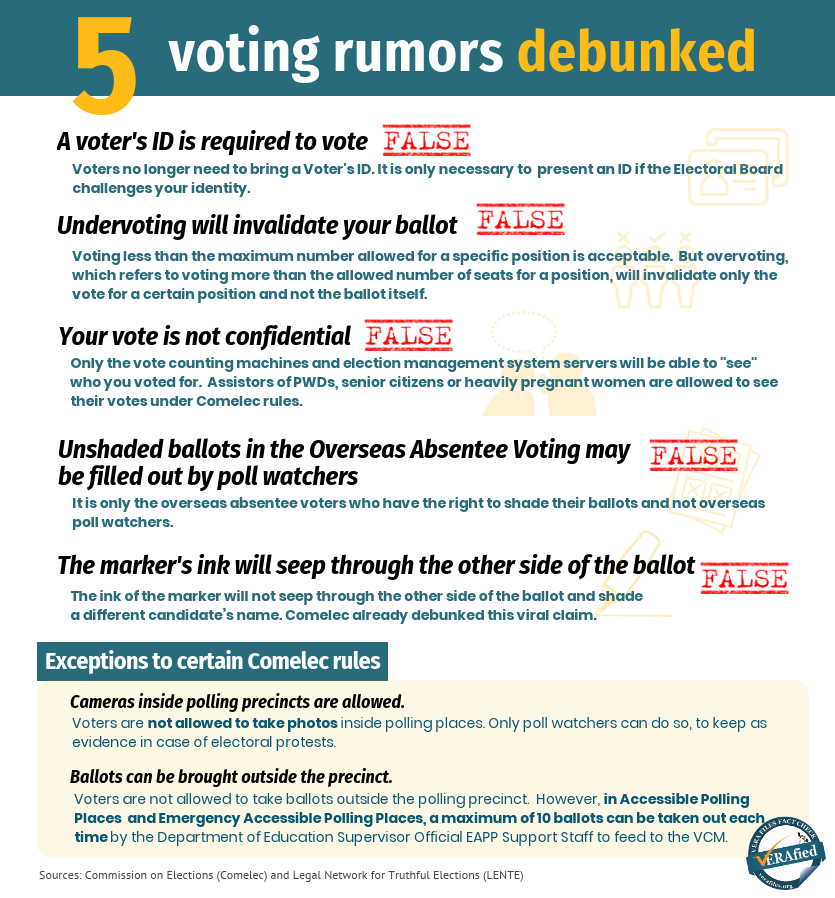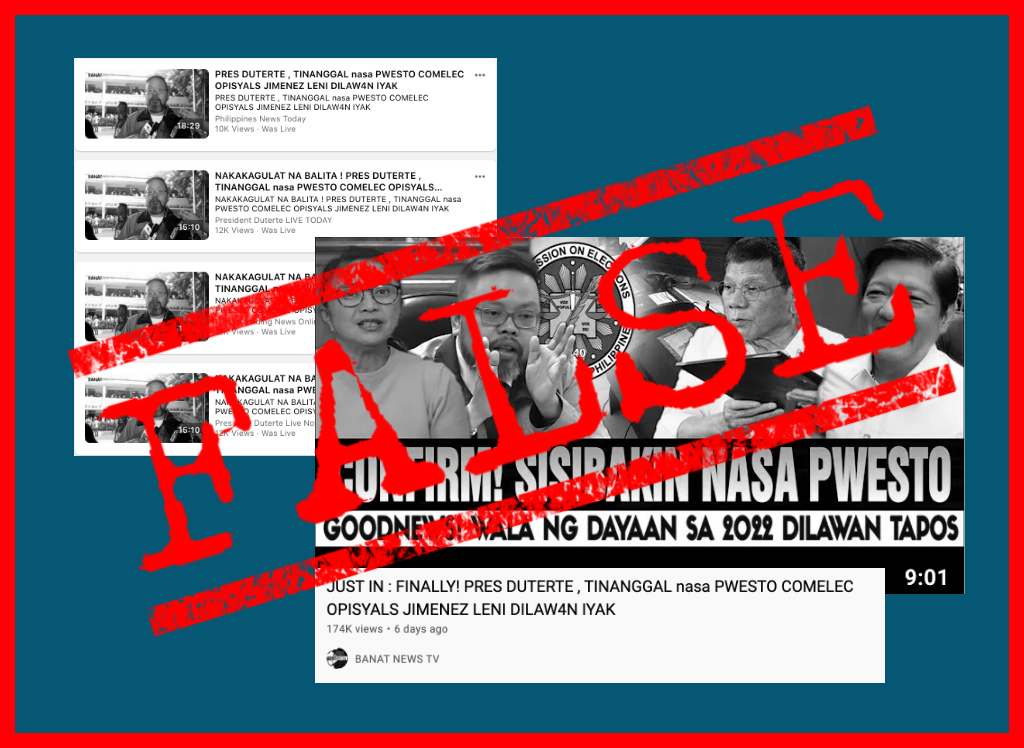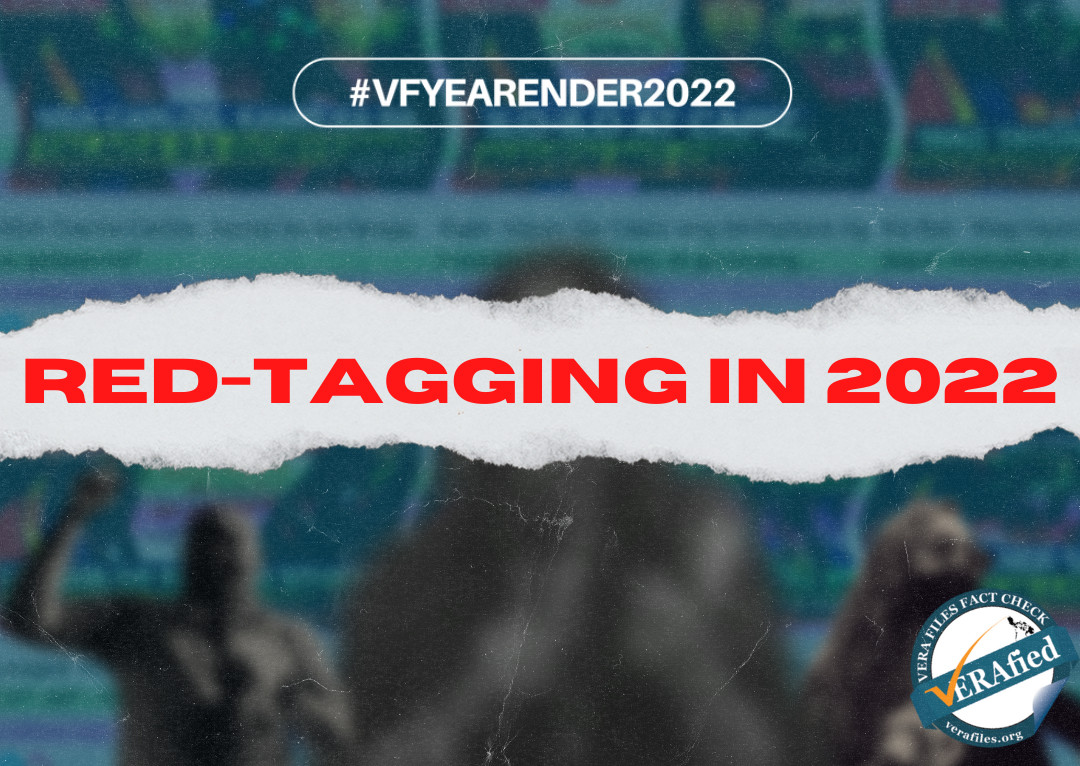Most Filipino voters do not report abuse of state resources (ASR) for election by their local officials since only a few know the difference between legitimate social services and misuse of authority, while many are either afraid for their safety or do not believe that anything would be done about these cases, according to the Legal Network for Truthful Elections (LENTE).
A study conducted by the nonprofit group of lawyers, law students, and paralegals, between March 25 and June 10 this year, showed that only one in four, or 25%, of their 127 voter respondents reported ASR incidents in their areas. Most of these cases happened in Santiago City, Isabela; Zamboanga City and Baguio City, LENTE Project Director and lawyer Marisse Aldeza said in a press briefing on Wednesday.
“Nahihirapan ang ating mga kababayan to distinguish ang ASR from legitimate distribution of social services because there are blatant forms of ASR at meron ‘yung mga hindi easily recognizable or identifiable,” she explained. “ASR encompasses any financing activity of political parties or of elections in such a way as to favor a candidate or a party at the expense of other candidates.”
The monitoring project which involved 40 long-term observers in 17 regions looked into how local candidates used government resources for their political campaigns to win in the 2022 polls.
Among the top reported ASR incidents involved the use of government vehicles without red plates to transport supporters to political rallies and of barangay halls and covered courts to store and distribute campaign materials. The study also noted the common practice of hiring additional personnel as early as a year before election day and the presence of incumbent officials during distribution of social services by government agencies as the labor and social welfare departments.
Aldeza said that the low number of flagged ASR incidents is partly because of the “lack of identifiers” on government resources such as red plates on public vehicles.
She emphasized the role local executives play in these ASR cases because they are supposed to be the “gatekeepers for mobilizing state resources and power at the local level from a governance standpoint.” Aldeza noted that the additional staff these officials hire early on eventually become their campaign “coordinators.”
She also pointed out that the distribution of social benefits at the height of the pandemic were “taken advantage of by our candidates.”
Call for stronger electoral reforms
LENTE, however, pointed out that “there is no appetite for the public” to file complaints against abusive incumbents.
“We see acts being committed left and right on vote buying and ASR but people don’t want to complain because of safety, security, and it’s really desperation and the lack of hope that something would work out,” LENTE Executive Director Ona Caritos said, noting that ASR has become an “overlooked form of political corruption” in the country.
Aldeza urged the Commission on Elections (Comelec) to issue “stricter guidelines” on banning candidates, their campaign staff and materials from scheduled distribution of social services during an election period.
The group outlined other policy recommendations to the Comelec, including the amendment of Section 261 (j) or the list of election offenses under the Omnibus Election Code “to establish a mechanism for command responsibility” when a person who commits election abuse is a local government employee, and the 2016 Joint Circular No. 1 with the Civil Service Commission “to include job orders under the prohibition on engaging in Electioneering and Partisan Political Activities.
On social media, LENTE called on administrators of all official public information pages and online accounts of local government units to implement a policy “to ensure that the delivery of information [i]s not tainted or curbed towards favoring the personality of the incumbent candidates.”



